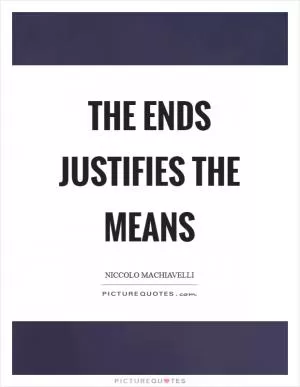Wise men say, and not without reason, that whoever wished to foresee the future might consult the past

Wise men say, and not without reason, that whoever wished to foresee the future might consult the past
Niccolò Machiavelli, the renowned Italian philosopher and political theorist, is often associated with the idea that one can learn valuable lessons about the future by studying the past. In his seminal work, "The Prince," Machiavelli delves into the intricacies of power and politics, offering insights that are as relevant today as they were in the 16th century.Machiavelli believed that history was a valuable teacher, providing a wealth of examples of both successful and failed leadership. By examining the actions and decisions of past rulers, one could gain a deeper understanding of the strategies and tactics that lead to success or failure in the political arena. Machiavelli famously stated, "Wise men say, and not without reason, that whoever wished to foresee the future might consult the past." This sentiment underscores the importance of learning from history in order to make informed decisions in the present.
One of the key themes in Machiavelli's work is the concept of virtù, or the ability to adapt and respond effectively to changing circumstances. Machiavelli believed that successful leaders possessed a combination of cunning, flexibility, and decisiveness, allowing them to navigate the complexities of political life. By studying the actions of past rulers, one could gain valuable insights into the qualities and behaviors that lead to success in leadership.
Machiavelli's emphasis on the importance of studying the past is particularly relevant in today's fast-paced and ever-changing world. In an era of rapid technological advancements and shifting geopolitical landscapes, the ability to anticipate and adapt to future challenges is more important than ever. By drawing on the lessons of history, individuals and leaders can gain a deeper understanding of the forces at play and make more informed decisions about the future.












 Friendship Quotes
Friendship Quotes Love Quotes
Love Quotes Life Quotes
Life Quotes Funny Quotes
Funny Quotes Motivational Quotes
Motivational Quotes Inspirational Quotes
Inspirational Quotes